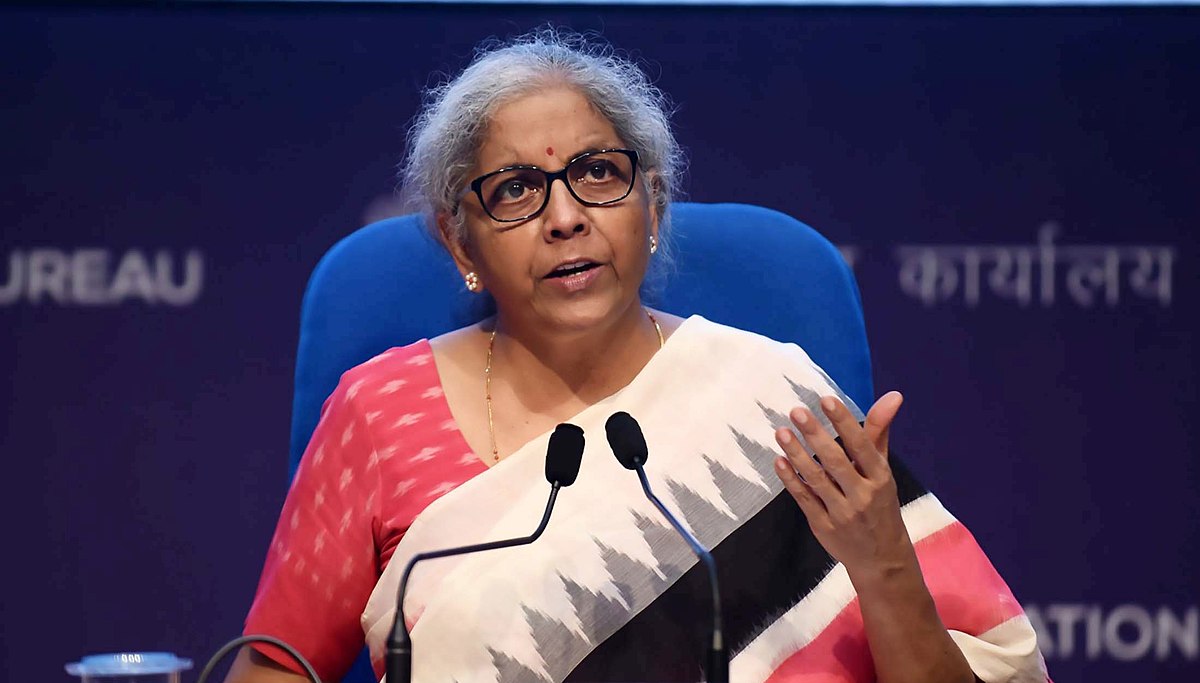
Caution on Economic Dependence on China
- October 10, 2024
- 0
Government data shows investment from China hasn’t been robust, but India’s dependence on Chinese goods has been rising for almost two decades.
More than four years ago, India made prior approval mandatory for foreign investment from countries sharing borders with India, such as China, Pakistan, Nepal, Myanmar, Bhutan, Bangladesh and Afghanistan, to protect domestic firms from opportunistic takeovers after the pandemic.
There seems to be political consensus in India that economic dependence or reliance on China is a bad idea. But we need to evaluate our stand dispassionately. Simply because we need FDI to bolster our economy.
India should find the right balance between importing goods and capital from China. The strategy is to reduce trade costs and attract, facilitate and retain greater foreign investment, particularly in India’s labour-intensive manufacturing sector.
Both the commerce and industry as well as finance ministers’ underlying point is indisputable that unfiltered FDI from China, with its accompanying national security and economic coercion concerns, is not viable in the prevailing geopolitical and geoeconomics context.
A blanked shutdown of Chinese FDI and denial of visas to Chinese specialist technicians and technology workers perhaps won’t help us. It’ II probably even hurt us. India’s trade and trade deficit with China continue to grow. Complementary trade and investment flows could add momentum to Indian manufacturing output for onward export to global markets.
India shouldn’t extend its FDI-related security blanked so wide that it effectively prohibits Chinese investments into the country. This will adversely affect our ‘China+1’ efforts. India will have to compete for the growing outward-bound Chinese FDI flows.
👇 Please Note 👇
Thank you for reading our article!
If you don’t received industries updates, News & our daily articles
please Whatsapp your Wapp No. or V Card on 8278298592, your number will be added in our broadcasting list.

































































